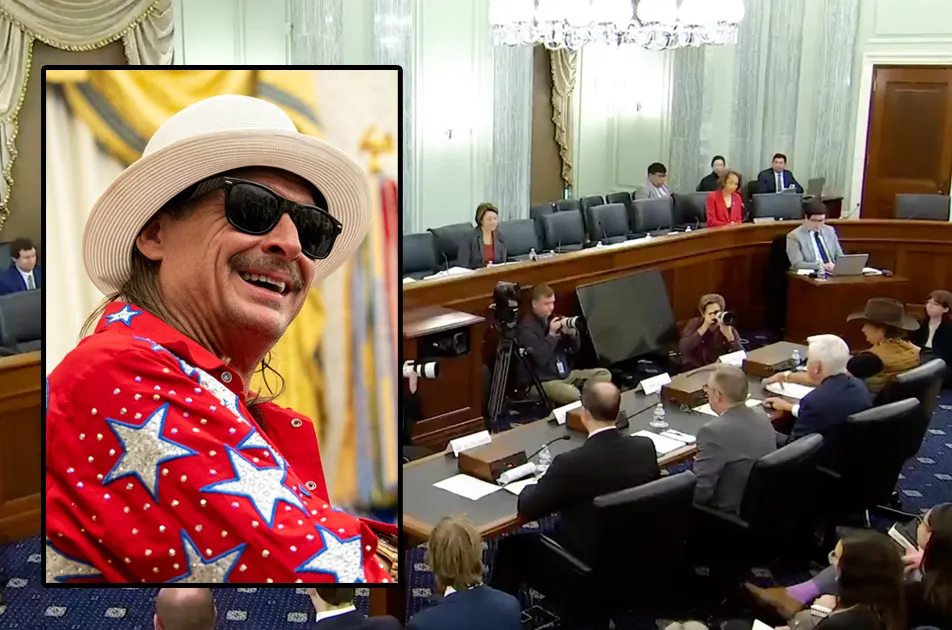After a recent CMA ruling in the U.K., and a newly filed FTC lawsuit targeting Ticketmaster and Live Nation, the ticketing platform will be forced to make changes.

Ticketmaster Agrees to Drop Misleading Labels After Oasis Ticketing Backlash
In the wake of mounting public outrage over skyrocketing prices in the Oasis reunion tour ticket sale, Ticketmaster has committed to overhaul certain labeling and pricing practices in the the U.K., under pressure from the Competition and Markets Authority (CMA).
While the CMA did not formally find that Ticketmaster’s conduct breached consumer law, the company has agreed to “undertakings” intended to increase transparency in how tickets are marketed and sold.
From £148 to £350: the Catalyst for Reform
When tickets for Oasis’s 2025 reunion tour went on sale, many fans reported entering the queue expecting standard prices near £148.50, only to have the ticket cost jump to over £350 at checkout. Simultaneously, some seats were labeled “platinum” and sold at up to 2.5× the price of “standard” counterparts — despite offering no apparent extra benefits or superior vantage point.
The CMA launched a formal investigation in September 2024 to probe whether Ticketmaster’s pricing practices — including use of “misleading ticket labels,” lack of advance notice to buyers, or hidden dynamic pricing — violated consumer law. In March 2025, it publicly warned that Ticketmaster may have misled fans and urged changes.
After negotiations, Ticketmaster has now agreed to specific reforms. Among them: dropping labels that suggest some tickets are superior when they are not; giving consumers 24 hours’ notice if tiered pricing will be used; and ensuring full price ranges are visible during queues, with updates as cheaper tiers sell out. The CMA will monitor Ticketmaster’s compliance over two years and may take enforcement action if the company fails to meet its undertakings.
Ticketmaster maintains that it did not use dynamic pricing in the Oasis sale and denies wrongdoing. The company has described the changes as voluntary enhancements to “customer experience.”
A Broader Pattern: Ticketmaster’s History of Controversy
The Oasis saga fits into a longer narrative of criticism aimed at Ticketmaster and its parent company, Live Nation, over opaque practices, monopolistic leverage, and consumer frustrations.
Technical failures & overwhelmed systems
The 2022 Taylor Swift / Ticketmaster controversy is among the most visible precedents. Following massive demand, the platform’s website crashed amid pre-sales, locking fans out and fanning accusations of unfairness. In the U.S., fans filed lawsuits alleging intentional deception, price gouging, and misuse of fan registration systems under state unfair competition statutes.
“Junk fees” and hidden costs
Across many events, critics have flagged the cumulative effect of seemingly innocuous add-ons — the “service fees,” processing charges and surcharges that sometimes amount to tens or hundreds of dollars beyond face value. These “junk fees” have drawn scrutiny from consumer advocates and regulators alike.
A monolopy?
Critics have long warned that Ticketmaster’s dominance stems not merely from good service but strategic entrenchment. In the 1980s and 1990s, the company offered free ticketing systems and large advances to venues in exchange for exclusivity — a practice some viewed as a form of predatory pricing or anti-competitive tie-in agreements. Since then, Ticketmaster has acquired many rival platforms and cemented its control of distribution beneath Live Nation’s umbrella.
So, Where Do We Go From Here?
Ticketmaster’s new commitments in the U.K. represent a notable shift: punitive litigation avoided, but transparency forced.
Whether these changes offer real protections is another conversation entirely.
On one hand, fans should no longer be blindsided by sudden price hikes in a queue or misled by marketing labels suggesting phantom perks. The requirement to notify buyers in advance of tiered pricing could bring welcome clarity. The CMA’s looming oversight also gives teeth to the agreement.
However, the reforms do not require refunds, and the CMA explicitly avoided finding that Ticketmaster breached law. Critics argue that undertakings lack full deterrence: if enforcement is lax, the platform might still stretch the boundaries of opacity. Moreover, the reforms apply only in the U.K.—so the same issues may persist in other markets.
Just a couple weeks ago, the Federal Trade Commission (FTC), alongside 7 U.S. states filed a lawsuit against Live Nation and Ticketmaster for “tacitly coordinating with brokers and allowing them to harvest millions of dollars worth of tickets in the primary market.”
The memories of consumer frustration with Swift sales, hidden fees, and exclusivity deals suggest that transparency is necessary but not sufficient. Real change may demand structural reform: stronger regulation, enforcement of antitrust limits, or perhaps dismantling entrenched monopolistic advantage.
For now, the Oasis controversy has delivered a modest victory for consumer advocates. But whether it becomes a turning point in the power dynamics of live entertainment — or merely a PR reset — remains to be seen.





